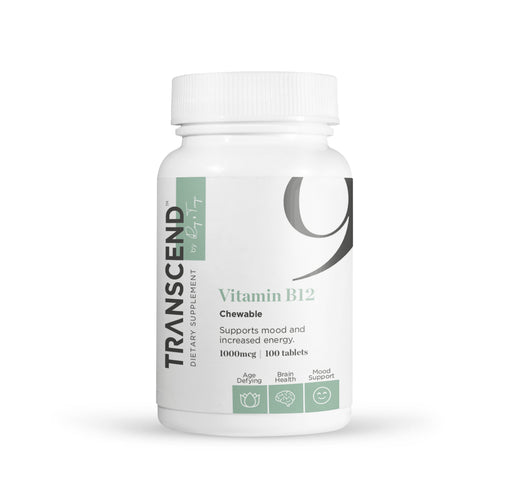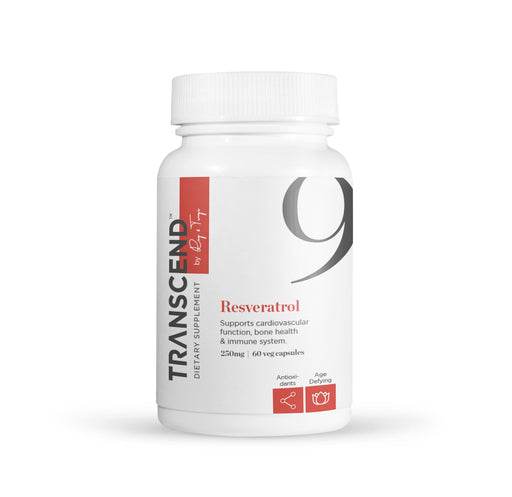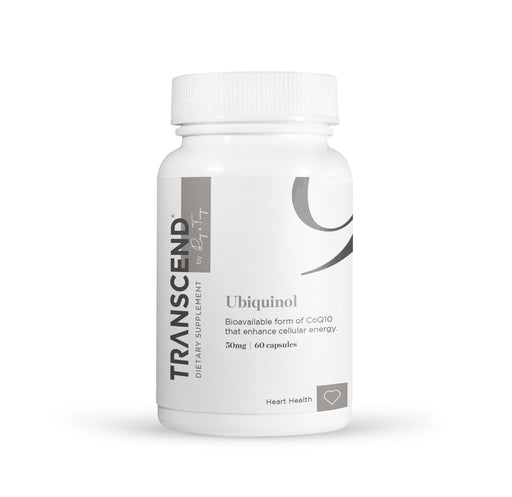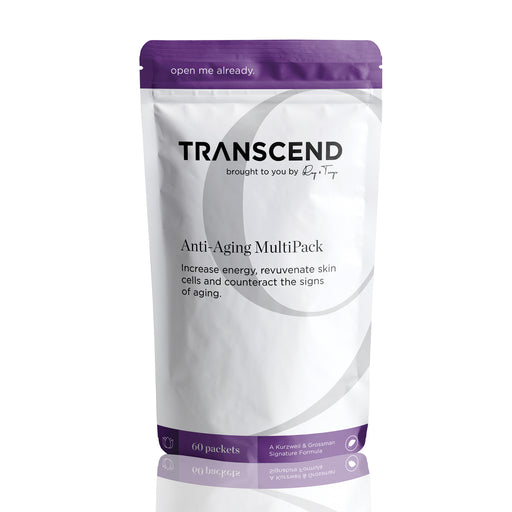
Vitamin B-12, Sublingual
Increased energy Improve mood Fight fatigue Common deficiency Better absorption Vitamin B12 (also called cobalamin) is one of eight water-solu...
View full details
The days are getting longer, which means one thing: summer is near! For many of us, this is the season for spending time outdoors, soaking up as much sunshine and Vitamin D as possible.
By now, we’re all aware that too much unprotected sun exposure can be dangerous, but many still choose to ignore warnings in pursuit of the perfect tan. As we head into the sunniest season, it’s time to consider a healthy alternative to risking skin damage: Vitamin D3.
What is Vitamin D and Why Do We Need It?
Vitamin D can help with bone health, strength, and calcium absorption in the gut. It can also have a positive impact on mood, mental health, cognitive function, and overall physical health.
Ergocalciferol, or Vitamin D2, is derived from foods like tuna, mackerel, and salmon as well as mushrooms and certain dairy products. Cholecalciferol, or Vitamin D3, is synthesized within the body when our skin is exposed to UVB rays.
Benefits of Vitamin D
Vitamin D Deficiency
Our need for Vitamin D increases as we age, just as our body’s ability to produce it decreases. Unfortunately, it can be difficult for those with dietary restrictions to get the necessary amount of Vitamin D. People with darker skin also absorb Vitamin D more slowly, due to additional melanin which slows synthesis by sunlight.
One study indicates that the percentage of older adults suffering from Vitamin D deficiency in the U.S. is high, landing between 20% and 100%. Research also suggests Vitamin D deficiency may be linked to age-related diseases.
Side-effects of Vitamin D deficiency can include:
There’s no banking sunshine, either: no matter how much sun exposure you receive, Vitamin D can only be stored in the body for 60 days. Unfortunately, during the colder months in northern regions, sun exposure can be rare. Reduced sun exposure, combined with a diet low in Vitamin D, can lead to widespread deficiencies.
Vitamin D3 Supplements
A safe and effective alternative for Vitamin D-deficient people is supplementation. Daily intake of Vitamin D3 can help maintain the healthy levels our bodies need, without the risk of skin cancer caused by excessive tanning.
Before adding Vitamin D3 to your daily routine, follow TRANSCEND's first step and consult your doctor to find out if it’s right for you.
Increased energy Improve mood Fight fatigue Common deficiency Better absorption Vitamin B12 (also called cobalamin) is one of eight water-solu...
View full details
Combat internal aging Protect cells from radiation damage Increase antioxidant capacity Take with lecithin for better absorption Optimal dose for...
View full details
2022 update: Future batches of this product will use a Ubiquinol product that is a greenish capsule rather than a red softgel Bioavailable form o...
View full details
2022 update: to maintain the same dose of Phosphatidylcholine you are accustomed to, we are moving back to the 420mg in 2 softgels! 2022 update: ...
View full details
Comments
Leave a comment